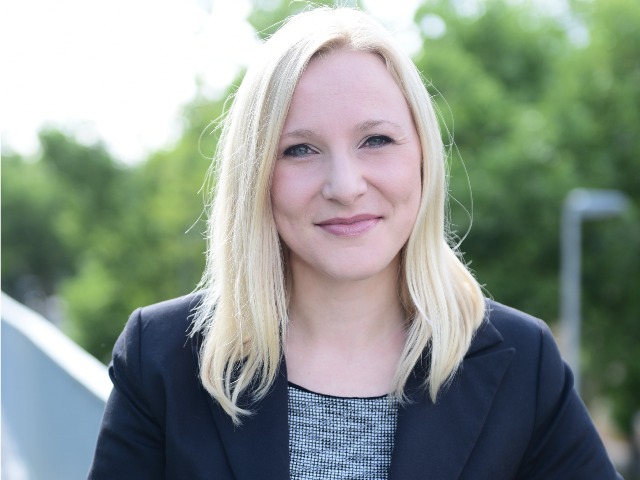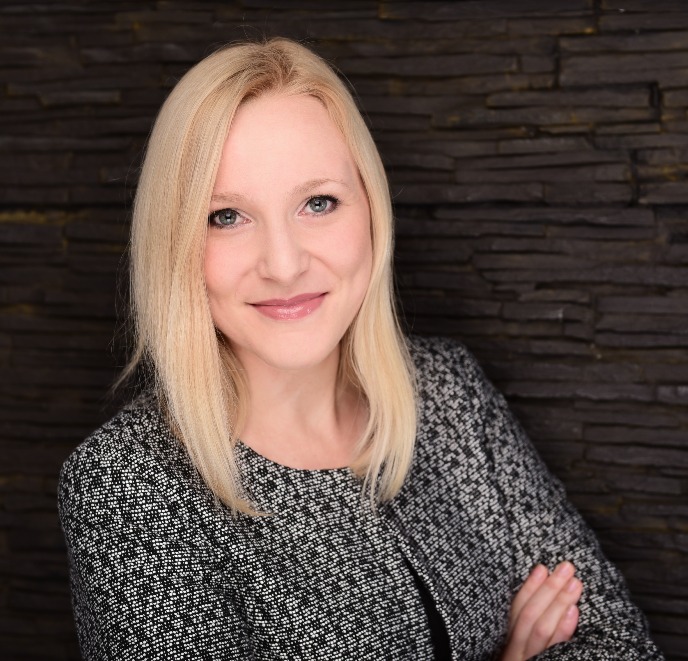Acceleration grant for Katrin Heucher

Assistant Professor Katrin Heucher is one of six FEB researchers who received an acceleration grant from FEB's Research Institute. She has extensively researched how individuals can catalyze positive social change from within organisations. FEB Research talked to her about her project proposal and what she intends to achieve.
You have done research on this subject before, what is the importance?
“When it comes to sustainability questions, we often hear that individuals changing their behaviour is not enough to make big changes in society. On the other hand, we know that organizations need to move beyond symbolic gestures and greenwashing to address societal and environmental challenges, as research has shown (Albertsen et al., 2023). To make this happen from within an organization, individuals pushing for positive social change are needed. We call these individuals ‘insider social change agents (Heucher et al., 2024). These change agents did not emerge from our ideas on a whiteboard, but are a real-world phenomenon studied under many different names. They extend social change efforts to all functions, including finance, human resources, innovation, marketing, operations, and beyond. Having reviewed more than 400 articles on the topic, we now have insights to share and tools to develop to help individuals catalyze positive social change. This is also in favour of companies: in today’s workforce, employees seek positions aligning with their values. The opportunity to contribute to positive social change can go hand in hand with retaining talent that drives meaningful change.”
Can you describe the project?
“To support individuals in catalyzing positive social change, we need research-based hands-on training material. That’s why I aim to create a modular professional workshop that empowers individuals to, for example, analyze their context, identify the right people to involve across their organization, create and adopt a toolbox of activities to choose from and combine, as well as sustain their own energy over time. The workshop could be as short as a 90-minute session or span an entire day. As part of the project, I will develop the necessary material, including an animated video explaining insights from recent publications and several working papers. Further, I will conduct pilot workshops with practitioners to fi netune the content to catalyze ongoing future impact. The workshops will focus on disseminating knowledge and equipping practitioners with the skills to pursue impact and positive social change themselves. The impact of the workshops will be evaluated based on participant feedback, engagement, and the application of acquired knowledge in their respective work settings over the course of a year.”
What will the process look like?
“The project is divided into three phases. I will start with developing the workshop materials, create an animated video to explain key findings and make sure the materials are accessible, engaging, and easy to understand. Once that is achieved, I will organize pilot workshops. I am looking for industry partners for the pilot workshops, to conduct the workshops together and evaluate the workshops and the materials. This will be based on participant feedback, engagement, and knowledge application. I can then modify the workshop materials to enhance the effectiveness of the materials. Lastly, I will conduct follow-up interviews or case studies with participants after one year. This will give me the input for a fi nal evaluation in which the project’s outcomes, lessons learned, and recommendations for future workshops will be documented.”

What is the desired outcome of your project?
“Beyond the concrete project outcomes, I’d say right now my vision is to empower individuals to make change happen from inside organizations. We often hear stories about the challenges they face, especially in retaining their energy and motivation throughout long change processes. I’ve seen this in my own research, as well as in my work experience in industry before joining academia and strive to support change agents through my research – and now by sharing these insights and developing hands-on tools. Moreover, if working with organizations can help managers realize the potential of their employees and support change agents in their efforts, we’ll already have taken a big step."
Further reading
Albertsen, R. R., Ansari, S., Heucher, K., Krautzberger, M., Langley, A., Reinecke, P. C., Slawinski, N., & Vaara, E. (2023). Strategizing Together for a Better World: institutional, paradox and practice theories in conversation. Journal of Management Inquiry, 33(2), 115–130. https://doi.org/10.1177/10564926231210238
Heucher, K., Alt, E., Soderstrom, S., Scully, M., & Glavas, A. (2024). Catalyzing Action on social and environmental Challenges: An Integrative review of insider social change agents. Academy of Management Annals, 18(1), 295–347. https://doi.org/10.5465/annals.2022.0205
Acceleration Grants
In early 2024, FEB’s Research Institute launched a new initiative to support research proposals with potential for impact. These acceleration grants focus on researchers with an innovative, high-impact research idea/ project/ line that has not yet realized its impact. Each acceleration grant should be tailored to the specific goals and objectives of the future impactful activities and have a well thought-out budget and clear project plan.

